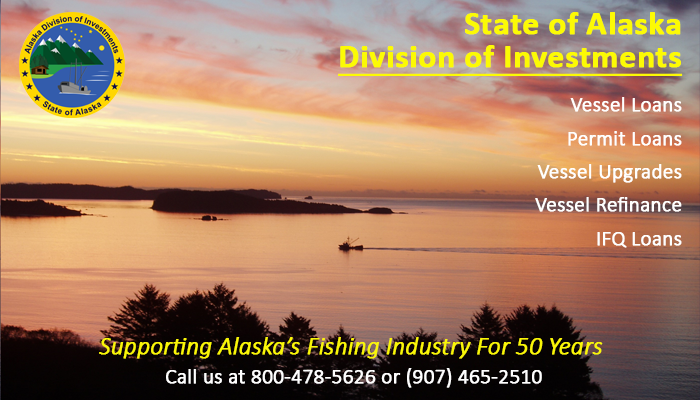This Week's Fish News
December 28, 2023
Terry Haines with Kodiak Daily Mirror has a good, albeit not at all uplifting, writeup on the 2023 fishing season here.
After much lobbying from the industry, President Biden signed an executive order last week closing the loophole that had been allowing Russian-origin seafood into the US. Alaska processors, harvesters, politicians, and government officials are touting this as a major win, despite concerns from some industry members. Duncan Fields' recent op-ed in the Kodiak Daily Mirror makes a pretty compelling case for these new restrictions.
Meanwhile, China's January-November imports of Russian seafood hit a record high, up 37% by volume from last year.
The US is preparing to claim new territory in the Arctic and Bering Sea waters, an area more than twice the size of California, paving the way for further resource extraction.
With some help from TikTok, the US tinned fish market is expected to almost double in the next ten years, topping $17.2 billion by 2033.
In Japan, prices for Alaskan cod dropped from ¥900/kg last year to ¥800/kg now, but that's still up from ¥510/kg at the beginning of 2021. And, according to a Seafood News source, sales are expected to pick up as the weather gets colder. Prices for salmon roe in Japan have also fallen, following years of record highs.
A new analysis of more than 200 studies conducted between 1971 and 2021 on salmon, trout, and whitefish hatchery programs shows that almost all of them have negatively impacted wild populations of those fish, noting that "hatchery fish reduced the genetic diversity of wild fish, leading to poor health and reproductive outcomes."
Russia’s Bering Sea pollock season saw a record harvest of 577,000 MT, up 26.6% from 2022, and managers are recommending a TAC increase of 24.1% in 2024.
NMFS' new Ecosystem and Socioeconomic Profile (ESP) rapid communications tool is bringing them one step closer to true ecosystem-based fisheries management.
New research suggests that warming of the Bering Sea Shelf affects...pretty much everything. Starting with algae blooms and working up through the entire food chain, Bering Sea temps are proving crucial to predicting ecosystem-wide responses to climate change.






